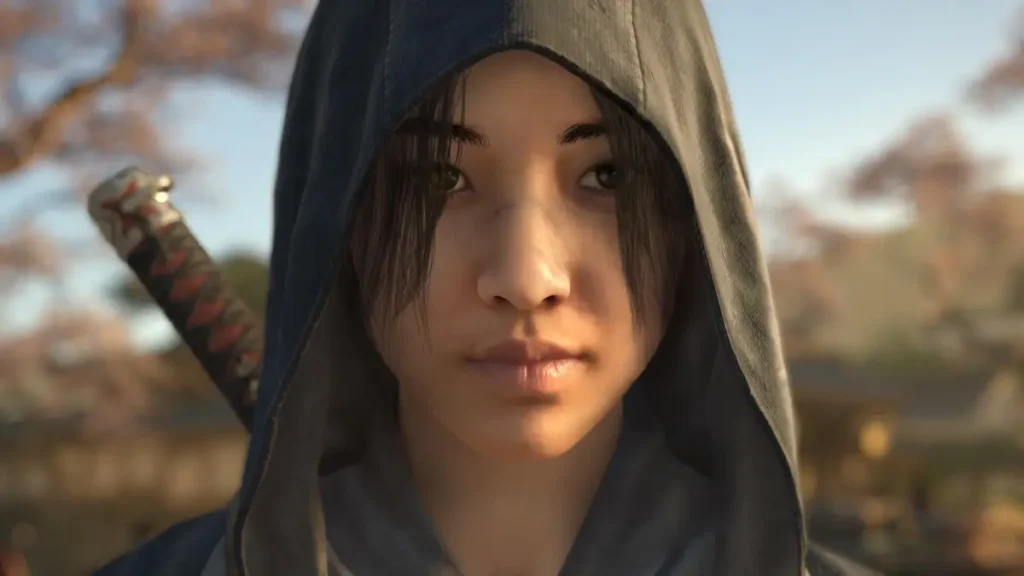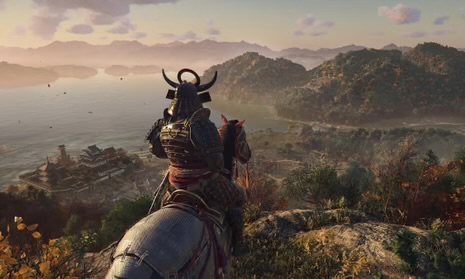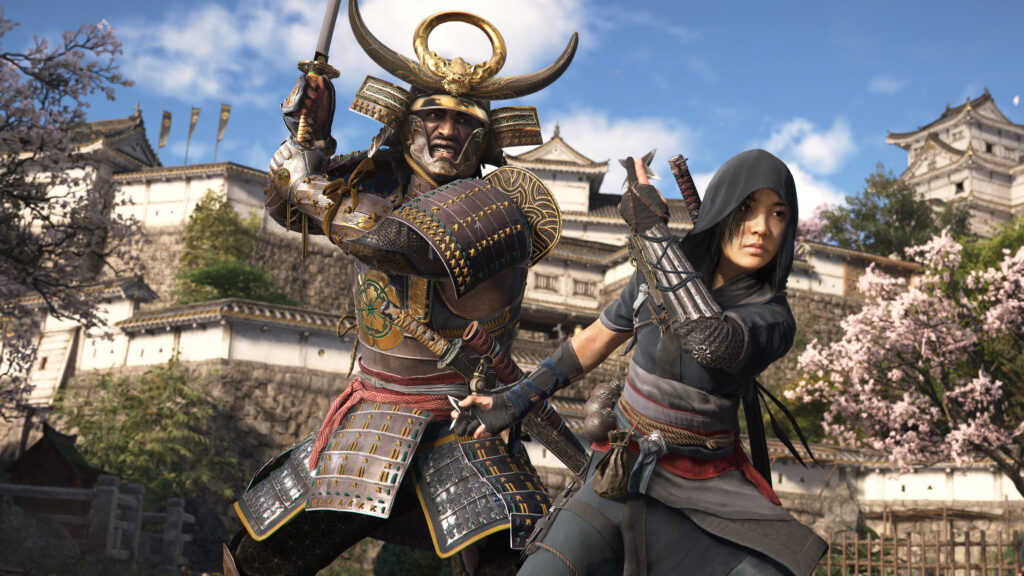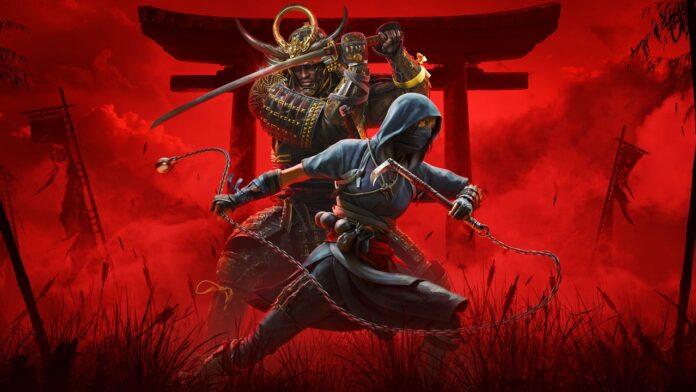It’s almost hard to believe that it took nearly 20 years and countless entries for Assassin’s Creed to finally plant its hidden blade in feudal Japan. For a series that helped define modern stealth-action games, the move to this setting feels both overdue and completely natural. Assassin’s Creed Shadowsdoesn’t radically reinvent the franchise, but it makes the most of its long-anticipated theme with a duo of compelling protagonists, satisfying tweaks to established systems, and a focus on exploration that revives a sense of genuine discovery. It’s not a flawless outing, but it’s one of the most confident and purposeful Assassin’s Creed games in years — a signal that the series might truly be back on track.
Set in the chaotic Sengoku period, Shadows offers up a story soaked in the familiar tropes of samurai fiction. Wandering warriors seek honor, corrupt officials exploit the helpless, and ruthless bandits dominate the countryside. If you’ve read Shogun or watched a Kurosawa film, much of this will feel familiar — perhaps too familiar. Yet there’s a kind of comfort in that, and despite the cliches, Shadowsfinds room for intrigue through morally complex subplots and the series’ ever-present secret society conspiracy, which feels right at home in a war-torn Japan. The writing isn’t consistently stellar, but standout moments of reflection and tension give it enough weight to keep you invested.
The heart of Shadows, though, lies in its protagonists. You spend much of the early game with Naoe, a sharp and brooding shinobi from the nearly extinct Iga clan, her life shaped by tragedy and duty. That tragedy is tied, in part, to Yasuke — a towering, charismatic samurai dedicated to justice. Their dynamic is electric. As the game progresses and they begin to work together, their perspectives often clash but ultimately complement each other, grounding the narrative with emotional nuance. While neither is likely to dethrone series icons like Ezio or Edward in the fan rankings, together they shine brightly amid a grim tale of revenge and redemption.

Structurally, Shadows borrows from Valhalla, with each of the game’s nine regions offering a largely self-contained story chapter. The key difference is how Shadows maintains narrative continuity. Characters you meet don’t simply vanish once their arc is complete — their presence lingers, and sometimes returns, enriching the world’s cohesion. The pacing, too, is tighter and more digestible. While some filler still exists in the form of basic errands bridging major moments, it’s presented in a way that lets players dip in and out at their own pace without losing track, more akin to reading chapters of a good book than grinding through a sprawling epic.
One of Shadows’ smartest upgrades comes via its objective board, an evolution of the feature introduced in Mirage. Rather than drowning players in quest lists, this board presents a visual map of targets and tasks, reflecting the methodical planning required to root out members of the secretive enemy organization. It trades some of the series’ traditional sense of discovery for clarity and immersion, and while that occasionally dulls the thrill of stumbling upon new enemies, it’s a fair trade. Picking a target reveals a handful of clues to their location, and finding them often requires actual deduction, reading the map, and drawing conclusions — not just following a waypoint. It’s the first time an Assassin’s Creed game has made me feel like I was genuinely hunting my prey, not just ticking boxes.

The map itself is refreshingly uncluttered. Rather than exploding with icons, it nudges you toward vague points of interest, asking you to investigate rather than simply consume. Climbing to a synchronization point no longer reveals everything, but just enough to stir curiosity. I found myself actually riding through the countryside because I wanted to see what was out there, not because an icon told me to. That sense of exploration, long buried under Ubisoft’s checklist design, felt like a breath of fresh air. The locations you find often follow familiar patterns — castles to infiltrate, villages to scour, gear to loot — but it’s the mystery of the unknown that makes the journey worthwhile.
World activities add a light RPG touch, rewarding knowledge points used to expand skill trees. Not every task hits the mark (scroll hunts felt more tedious than rewarding), but many are quick diversions that add flavor and utility. One standout was horse archery, a brief but engaging challenge that broke up the usual stealth and swordplay. And while I was inundated with cosmetic unlocks through normal gameplay, the sheer volume of options means players who enjoy customizing their hideout — a streamlined take on Valhalla’s settlement system — will find plenty to do. For me, managing the forge and upgrading equipment was enough, but the option to decorate and expand is there for those who care.

Combat and progression build on Mirage’s back-to-basics approach, refining rather than overhauling. Fights are tighter and more demanding, especially in the tougher main quests, and the skill trees are more manageable. The game feels focused, not bloated — a welcome contrast to the sprawling grind of Odyssey or Valhalla. While Shadows doesn’t boast jaw-dropping set pieces or a standout “wow” moment, its smaller scale and deliberate design choices make for a richer experience overall.
Ultimately, Assassin’s Creed Shadows isn’t the grand reinvention some might expect from the series’ long-awaited trip to Japan, but it doesn’t need to be. It’s a well-crafted entry that leans into its strengths, pares back the excess, and delivers a world that invites genuine exploration and thoughtful play. The cliches are there, the systems aren’t perfect, but Shadows feels like a series rediscovering its identity — and that, more than anything, is a victory worth celebrating.

